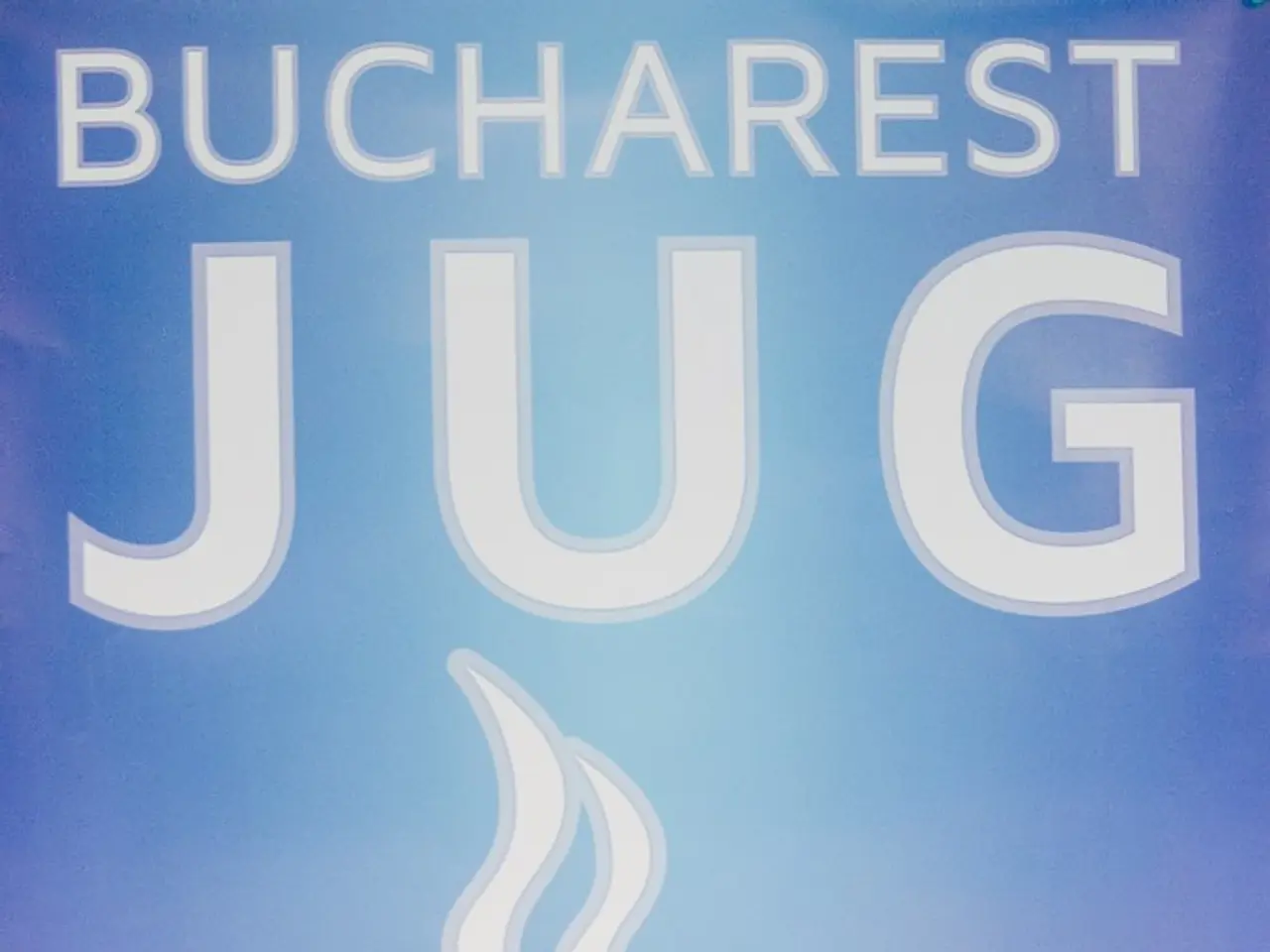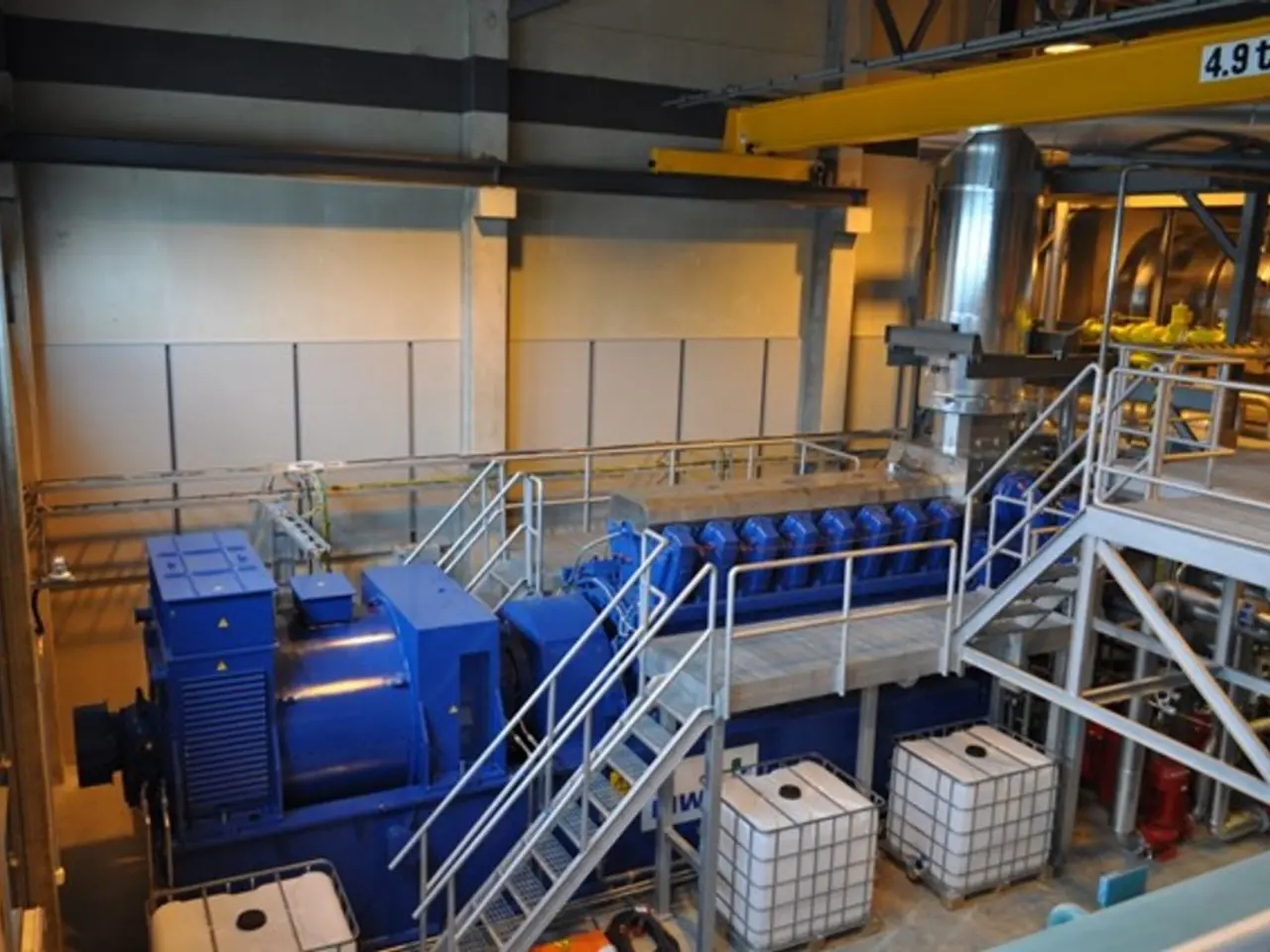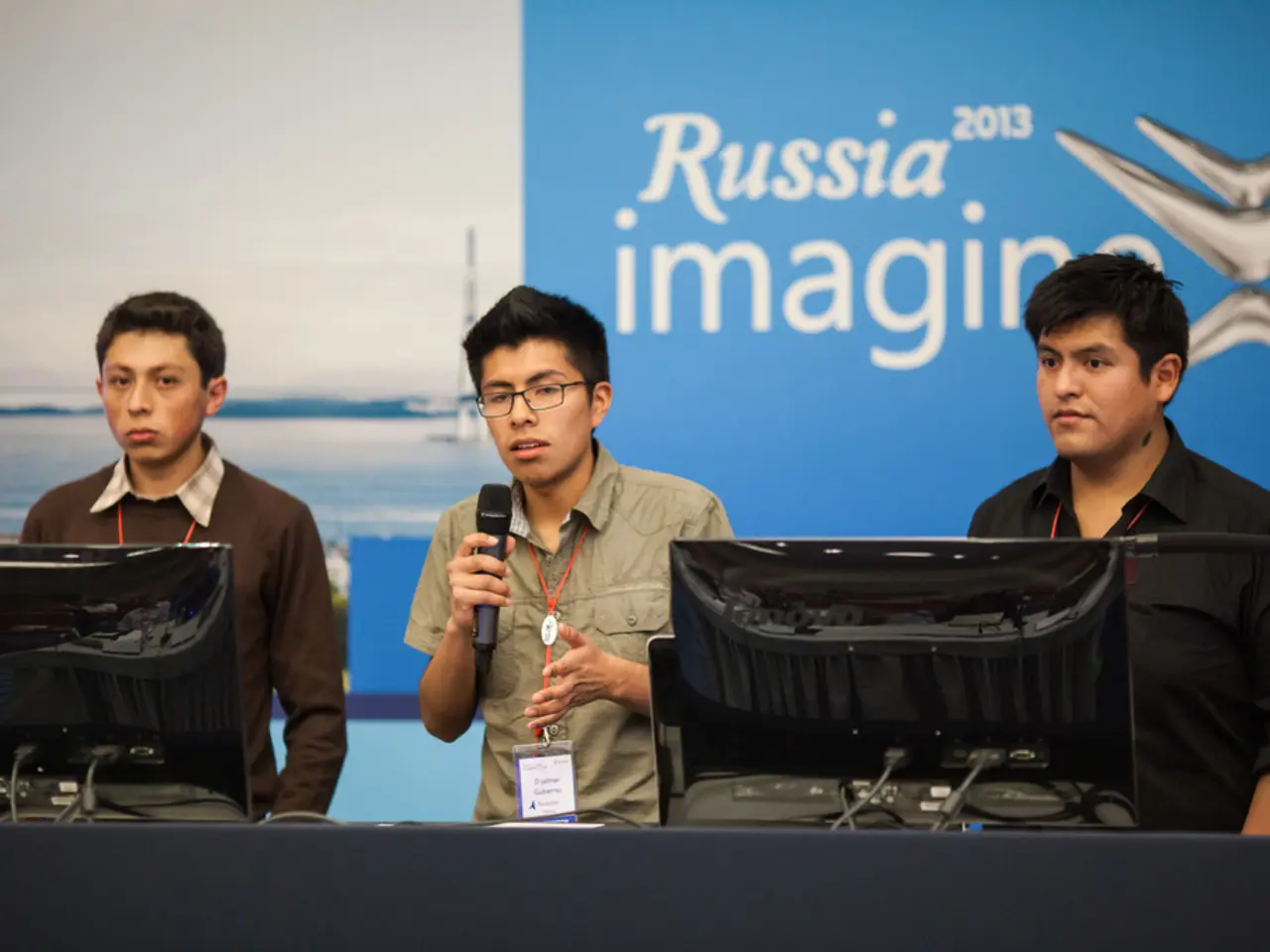U.S. tariffs face challenge: Brazil requests WTO consultation over Trump's tax impositions
Brazil has officially requested consultations with the United States under the World Trade Organization (WTO) Dispute Settlement System, challenging tariffs imposed by the U.S. that could reach up to 50% on numerous Brazilian products [1][4]. These measures were enacted via U.S. Executive Orders in April and July 2025 and are considered by Brazil to violate WTO obligations, including the Most-Favored-Nation principle and tariff bindings [1][2].
The current status is that Brazil’s request for consultations marks the initiation of the formal WTO dispute process. The purpose of consultations is for the parties to negotiate bilaterally in hopes of resolving the dispute without proceeding to a WTO panel [1][4]. Brazil has expressed willingness to negotiate and expects consultations to be scheduled soon, though no date or venue has yet been agreed upon [1].
If consultations succeed, the U.S. might modify or remove the tariffs, resolving the dispute amicably without further WTO legal proceedings. However, if no solution is found, Brazil can request the establishment of a WTO dispute panel to formally adjudicate the matter, which could lead to rulings that may authorize Brazil to seek compensation or retaliatory measures if the U.S. is found to have violated WTO rules [1].
Compensation here usually involves authorized retaliatory tariffs or other trade remedies agreed upon or awarded after WTO proceedings. Direct tariff negotiations could also occur at any point to mutually address the tariff schedules and compliance with WTO commitments, possibly leading to a longer-term trade agreement or tariff adjustments [1].
Brazilian Finance Minister Fernando Haddad stated today that the government continues to negotiate with the U.S. to try to prevent the tariffs from taking effect [2]. The tariffs significantly affect Brazilian exports, including key agricultural products, and may disrupt trade flows and affect consumers in both countries [3].
The identity of the complaining country in the WTO dispute resolution process remains unspecified, but it is not mentioned whether the U.S. has agreed to the consultations requested by Brazil. The final decision on this matter lies with Brazilian President Lula da Silva, as previously mentioned. If the complaining country is not satisfied with the outcome of the consultations, it can request the creation of a "special group," the next phase of this mechanism, which could result in compensation being imposed [1].
In summary, Brazil’s WTO consultation request formally starts the dispute resolution process, aiming first for negotiations to avoid litigation. Possible outcomes include renegotiation of tariffs, WTO panel rulings with authorized compensatory measures, or prolonged trade tensions if unresolved [1][4]. The process may be prolonged and uncertain; Brazilian officials have acknowledged there is no guarantee of success but emphasize engagement through the WTO system as a necessary step [2].
The general news now suggests that Brazil's formal WTO dispute process with the U.S. has begun, as the Brazilian government requests consultations over tariffs that allegedly violate WTO obligations. If these consultations succeed, the U.S. may agree to modify or remove the tariffs, avoiding a potential WTO panel adjudication and the possibility of retaliatory measures by Brazil.








